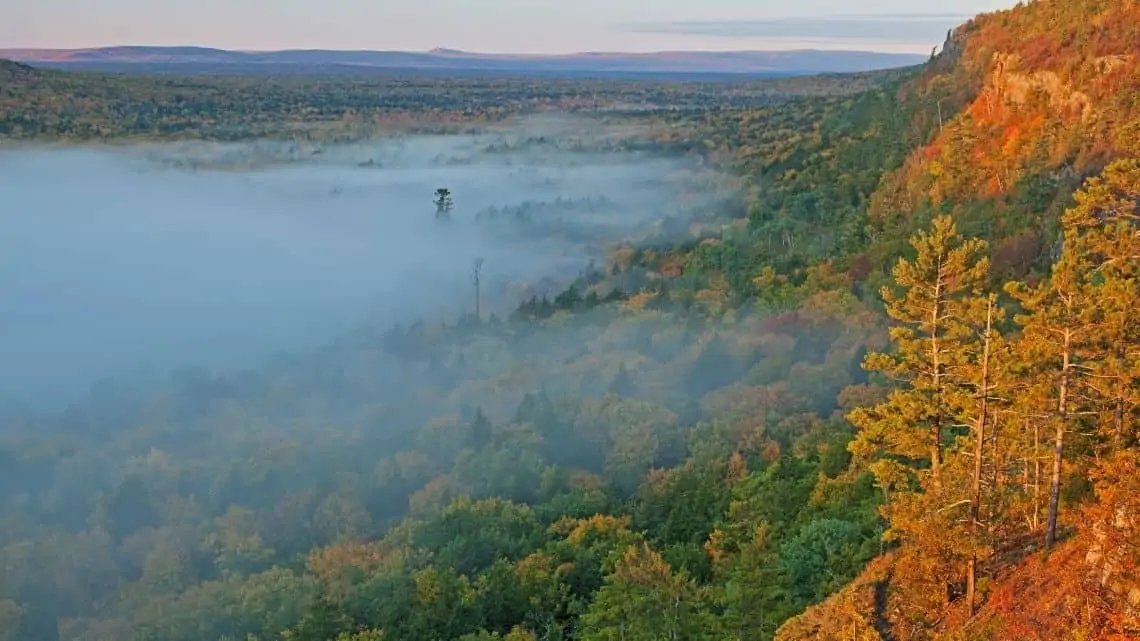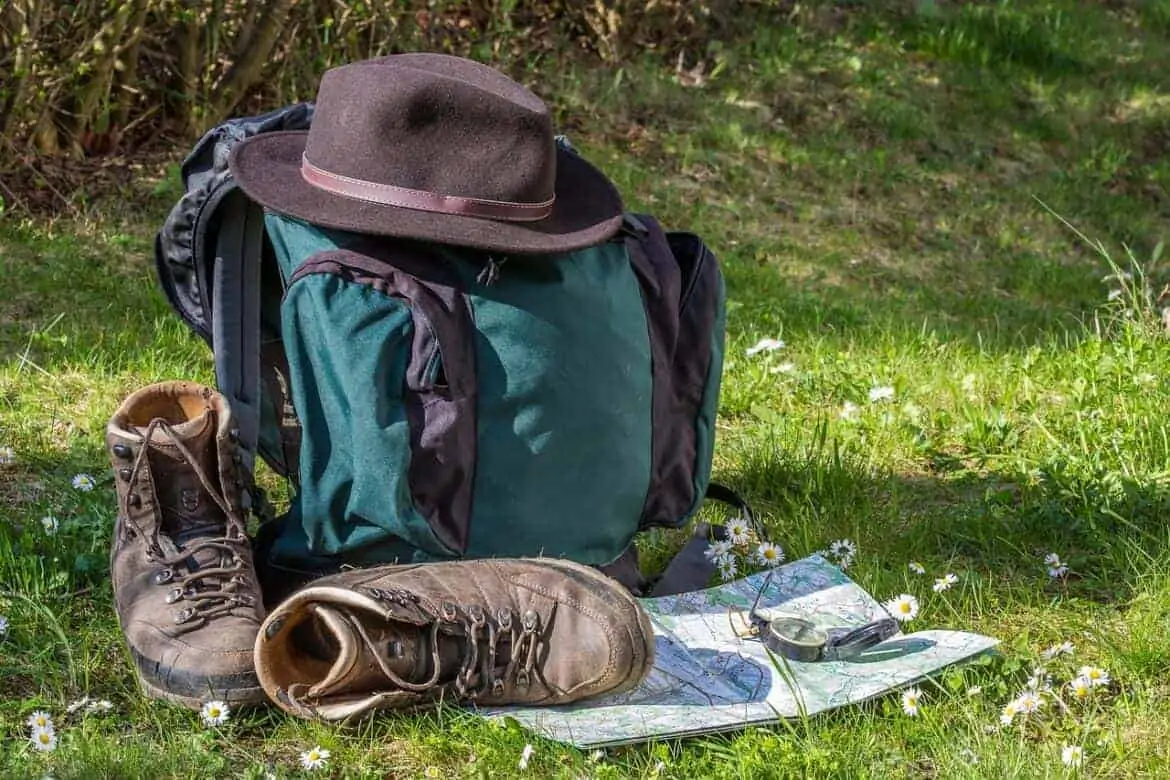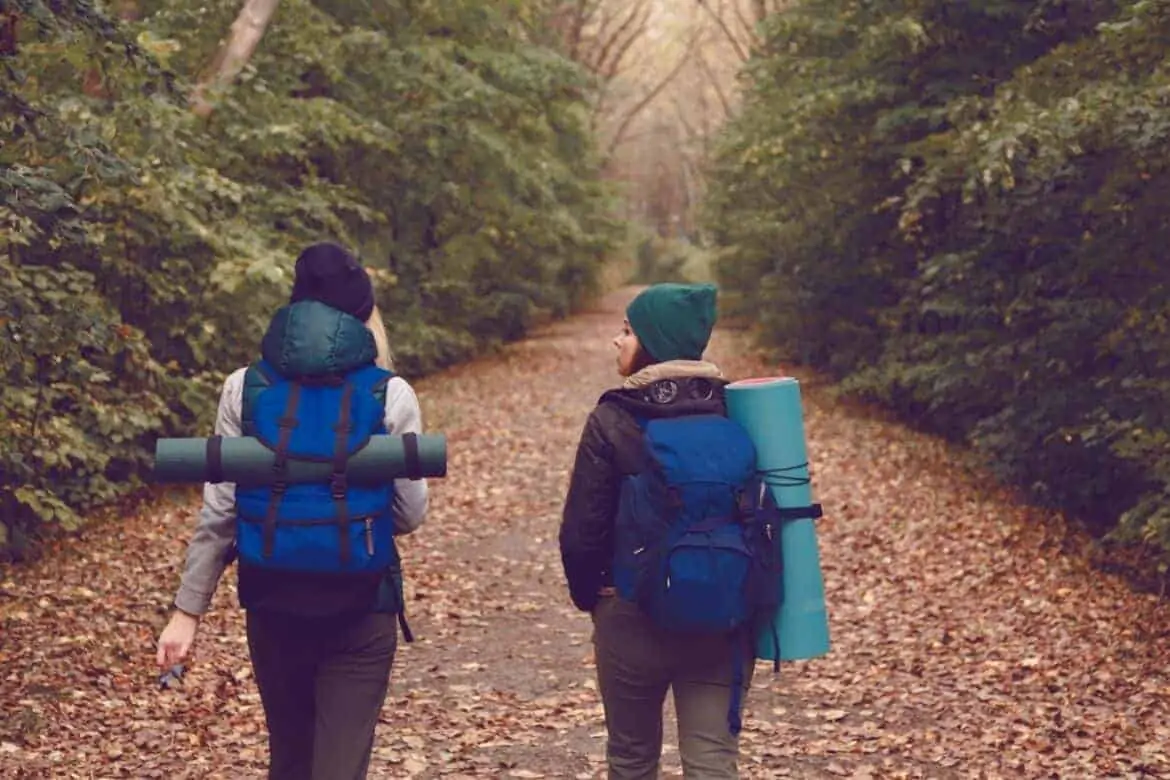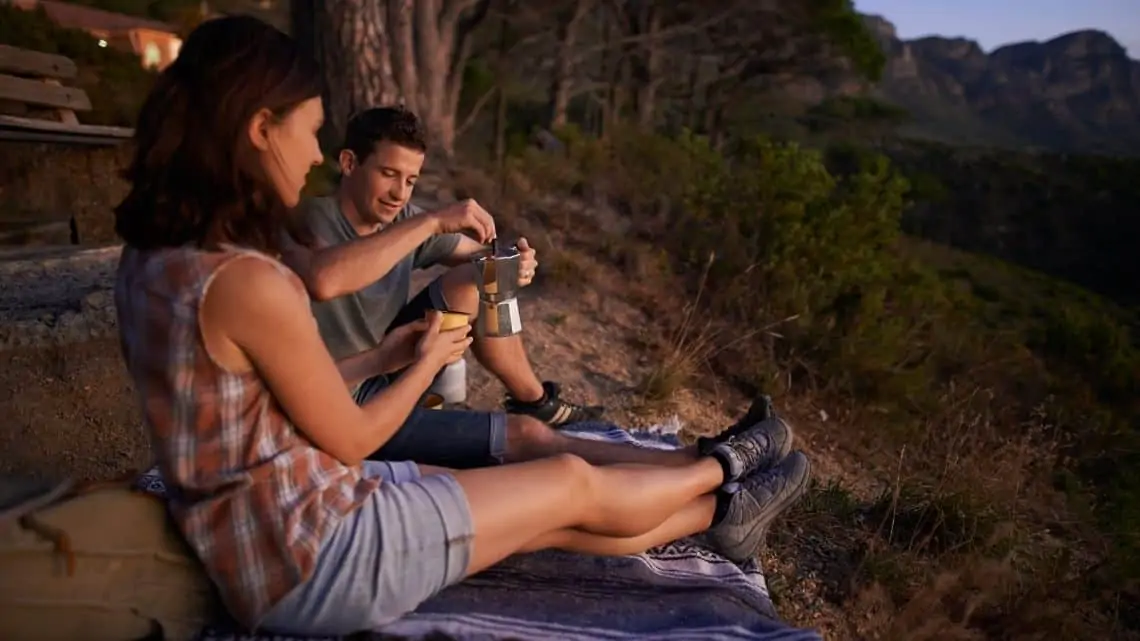Are you an outdoor enthusiast who is looking to get into backpacking, but don’t know where to start? This blog post is for you. In it, we will go over 10 essential tips that every beginner backpacker should know.
So whether you’re a first-time backpacker or just looking for some new tips, read on for everything you need to know. Happy trails!
Get fit!
It’s no surprise that hiking miles upon miles through mountainous terrains requires physical fitness but you’ll be surprised how much endurance backpacking will build too.
Start getting in shape now and you’ll be thanking yourself later when that steep incline becomes nothing more than a mild incline. This is especially important if you plan on hiking with your baby or young child.
You could try out some pack-wearing exercises like burpees, or if this doesn’t sound like something you’re interested in then get out and hike as much as you can wearing the gear you plan on taking.
Don’t forget to wear the same shoes and socks you plan on bringing too so you can work out any comfort or blister situations before your trip.
Start with a short trip
Before heading out on your first backpacking trip, it’s a good idea to start small. An overnight trip to a popular local park location will give you a safety net for your first trip.
You’ll also get a great idea of what to pack and how to pack it, what kind of terrain you’re comfortable hiking on, and how long you can comfortably hike each day.

Did you pack too much gear? Is your sleeping bag not warm enough? Wish you had brought some trekking poles? Are your hiking boots too small?
This is a great opportunity to sort out your camping gear, try out your pack weight and give that new backpacking stove a trial run so you can be better prepared for future trips.
Research your route
One of the most important things to do before embarking on a backpacking trip is to have a solid understanding of your route.
Before embarking on your backpacking trip make sure to do some research about your chosen route including:
- elevation gain
- find out about any dangerous wildlife
- what kind of terrain to expect
- where to find water sources along the way
- camping spots
- location of ranger stations
- exit points
This will help you map out your hike accordingly and ensure that you don’t run into any surprises along the way. It will also help you pack appropriately, and it can help in case of an emergency.
If for some reason you are unable to complete your hike, knowing your route well can be crucial to survival.

Locations for the Best Backpacking in Michigan
At the bare minimum, make sure you have a paper map and a compass of the area as trails can be easily confused in certain areas. Most of us use our cell phones nowadays, but what happens if you lose service or your battery dies?
Knowledge is power and in backpacking, information is key.
Check the forecast
Although it’s impossible to predict weather conditions perfectly, checking the forecast before embarking on a backpacking trip is always a good idea; especially if your route takes you through any treacherous mountain ranges or exposed areas.
Know your backpacking gear
Yes, backpacking can be done fairly cheaply but if you want to make the experience easier – both physically and mentally – invest in some good quality gear.
Quality gear will last longer (saving you money in the long run) and make your hikes more enjoyable overall. One of the most important investments should be your hiking backpack.
Take time to get to know each piece of equipment that will be accompanying you on your backpacking trip, practice setting them up, and taking them down in different environments.
This will save you a lot of headaches on your backpacking trips once you’re out there on the trail for real.
Pack appropriately
Packing your backpack improperly can lead to sore muscles and blisters down the road. Nobody wants that.
acking can be tricky as there’s nothing worse than being weighed down by unnecessary items, but you also don’t want to find yourself stranded without the proper essential backpacking gear.

An overnight backpacking trip will require different gear than day hiking. A beginner backpacker may find it helpful to find a backpacking checklist online and then tailor it to suit their needs.
Clothing
Make sure to pack appropriately for the type of hike you will be taking. Taking the right gear for the season can mean the difference between an enjoyable hike and a miserable one.
Make sure to pack gear that will keep you warm and dry in cold weather, and cool and comfortable in hot weather. Hiking pants with a lot of pockets or that convert into shorts are one of my favorite backpacking clothing gear choices.
Food and Water
Always bring plenty of water and snacks, especially if you are going on a longer hike. There are no convenience stores out in the middle of nowhere.
Backpacking food choices vary greatly but commonly include dehydrated or freeze-dried meals, canned food, oatmeal, trail mix, and candy bars.
Don’t forget to consider secure food storage, especially if headed to bear country.
First Aid Kit
A well-stocked first-aid kit is an essential item for any backpacker. Not only should it include the basics such as bandages and medications, but you should also pack supplies specific to your region or environment in case of emergencies.
For example, if you are backpacking in a desert area make sure to pack supplies for snakebites and scorpion stings. If you’re going through cold weather areas be sure to pack items like moleskin for blisters prevention and hand warmers.
Avoid hiking alone
This one is a no-brainer. If at all possible, try to hike with someone else – especially if you’re new to backpacking.

Not only will this make the experience more fun, but it also provides an extra level of safety in case something happens whilst on the trail.
Take breaks and stay hydrated
One of the most common mistakes beginner backpackers make is not knowing their limits. Backpacking can be extremely physically and mentally demanding so don’t be afraid to take breaks when needed!
Sit down, have a snack, drink some water, and enjoy the view. You’ll feel much better once you’ve given your body a little break.
Along with taking breaks, it’s also important to stay hydrated whilst hiking. Dehydration can lead to headaches, dizziness, and even worse – death.

Make sure to pack plenty of water and drink frequently, especially if the weather is hot.
Be Prepared for Anything!
Nature is unpredictable and backpacking can be dangerous so always be prepared for anything that might happen.
Although hopefully nothing will go wrong on your trip, being prepared for emergencies is always a good idea. This means packing things such as a first-aid kit, headlamp, extra flashlight batteries, sunscreen, insect repellent, multi-purpose tool, duct tape, matches, knife, etc. and having a detailed plan of action in case you get lost.
It’s always a good idea to bring along a Ferro rod to make a fire – even if you don’t plan on staying overnight. You should also bring a whistle in case of an emergency.
Being prepared for the worst will help ease your mind while out on the trail and could potentially save your life one day.
Follow the Leave No Trace principles
The Leave No Trace principles are guidelines that promote responsible outdoor recreation and stewardship of the environment.
Knowing these guidelines before embarking on your trip will ensure that you’re not damaging sensitive ecosystems or causing any other negative impacts whilst enjoying your backpacking experience.
Leave No Trace originated in the backcountry, but the Principles have been modified to apply to any environment – from remote wild areas to city parks and even your own backyard. They are also relevant for almost every recreational activity.
The 7 Leave No Trace principles are:
- Plan ahead and prepare
- Travel and camp on durable surfaces
- Dispose of waste properly
- Leave what you find
- Minimize campfire impacts
- Respect wildlife
- Be considerate of other visitors
For more information, you can visit the Leave No Trace Website.
Backpacking for beginners can seem daunting, but with these ten tips and tricks, you’ll be ready to hit the trails like a pro! Happy hiking! By following these tips, you’ll be ready to take on whatever the backcountry has in store!
Do you have any other backpacking tips that we missed? Let us know in the comments below!